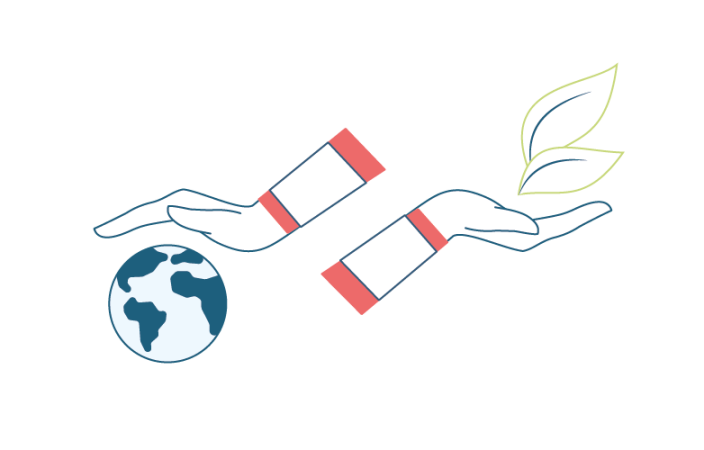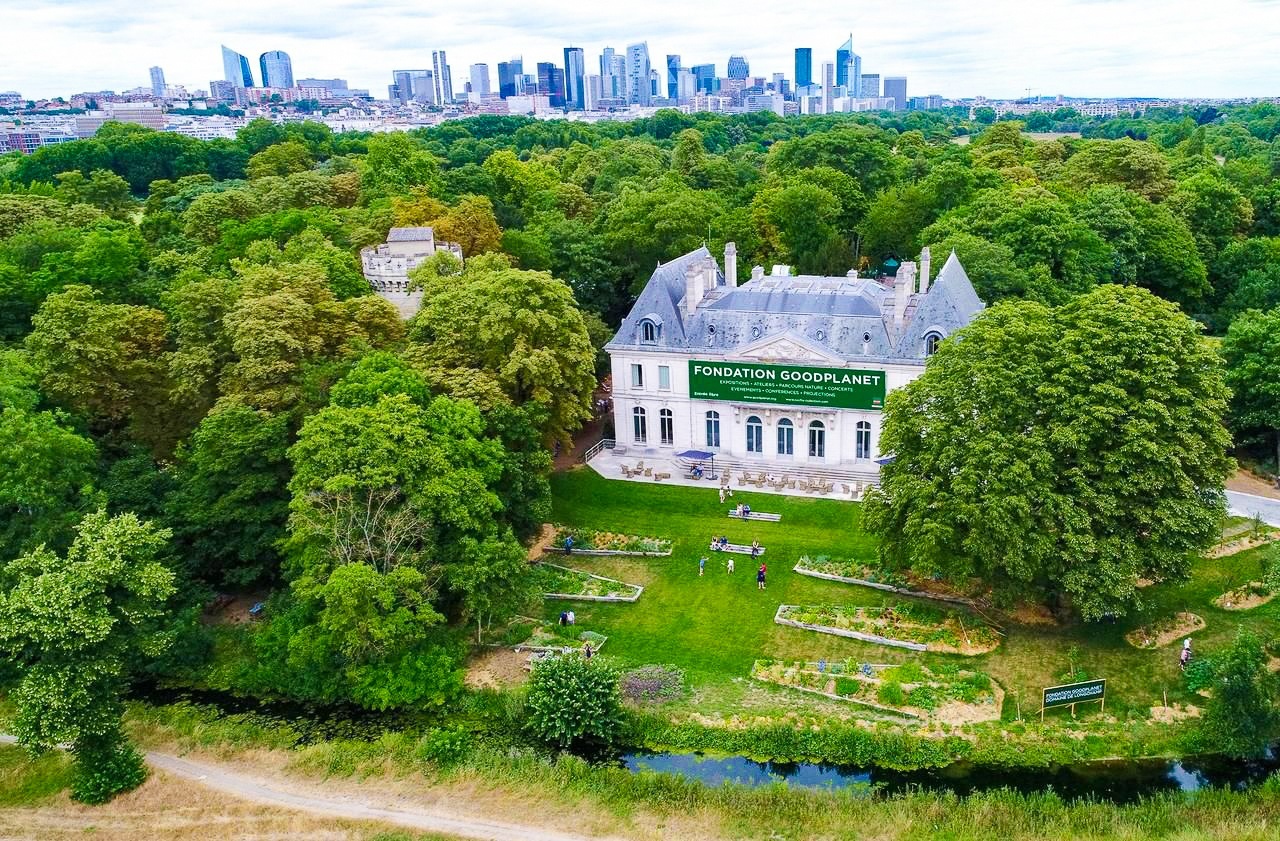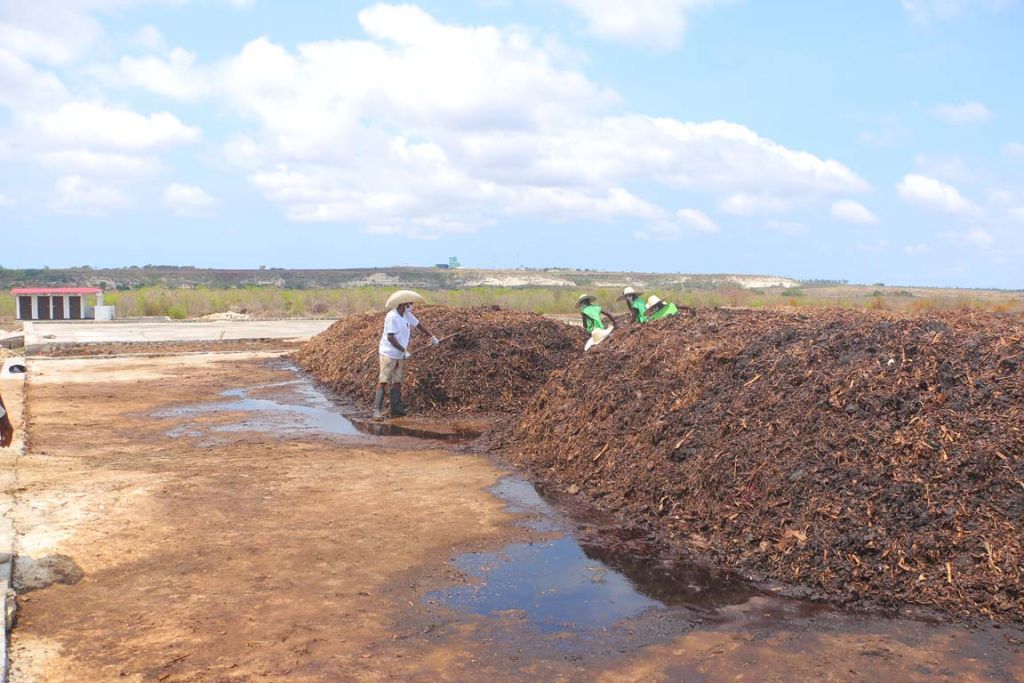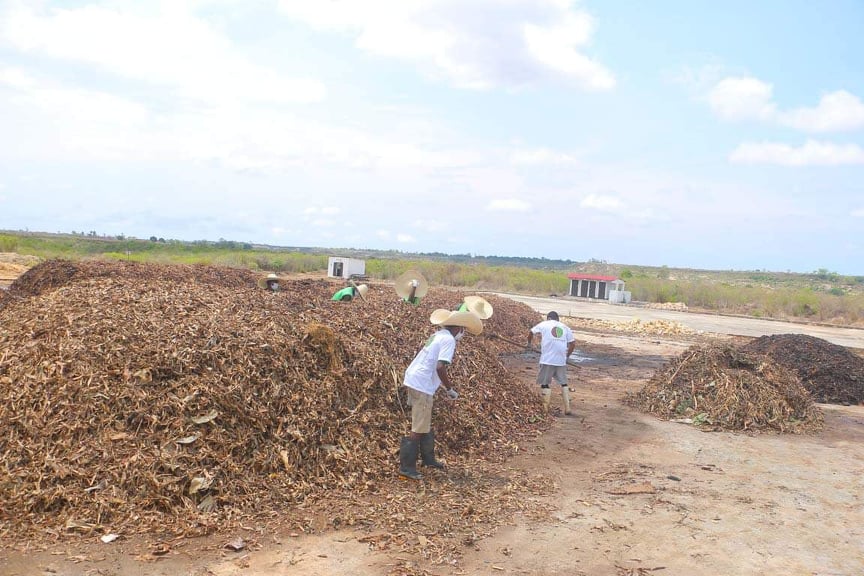
OUR CARBON OFFSET PROGRAM
At Marcel, we contribute to carbon neutrality Comment ? by offsetting the totality of the CO2 emissions generated during your journeys throughout all our ranges.
What does “contributing to carbon neutrality” actually mean?

When you travel by car, you emit CO2.
By travelling with Marcel, we are doing everything we can to reduce these emissions: As a pioneer on this issue, we have been committed to the electric transition since 2018: today, 60% of our drivers out of three are equipped with a 100% electric or hybrid vehicle, and all our drivers are trained in energy-efficient driving. The result: in 2019, we managed to reduce CO2 emissions by 20% per km travelled.
Nevertheless, there are still emissions that we cannot avoid: these are residual emissions. This is where offsetting comes into play.
Every year, we establish the carbon footprint of our activity, i.e. we calculate all the CO2 emissions linked to the journeys made by our customers.
Our next step is to meet Yann Arthus Bertrand and his teams from the GoodPlanet Foundation.
Together, we choose to finance a CO2 reduction project that has a positive impact on the planet and its inhabitants.
The concept is simple: every tonne of CO2 emitted by Marcel’s passenger vehicle with driver journeys is “offset” by 1 tonne of CO2 avoided through the project that is financed.
Which positive impact project are we supporting?
In 2019, we contributed to the construction and maintenance of a biodigester in the state of Karnataka in India.
En 2021, we contributed to a project to provide access to energy by distributing solar cookers in Bolivia and Peru.
Now that these projects have been completed thanks to our funding and that of the Foundation’s other partners, we’ve once again made our way across the globe (without emitting any CO2!) towards Madagascar.
Project context
In Madagascar, the city of Antananarivo (capital) and the province of Mahajanga face a sharp increase in waste production due to population growth and a change in consumption habits. In addition to the health issues involved, the decomposition of household waste in the absence of oxygen plays a major role in global warming through the emission of methane, a greenhouse gas that is 25 times more potent than CO2.
An initial waste composting project in Madagascar has been supported in part by carbon financing, and carried out by the GoodPlanet Foundation - GRET consortium and its local partner Madacompost between 2008 and 2018. The composting of organic waste allows to reduce greenhouse gases and provides natural fertiliser for local agriculture.
Following the initial project’s success, a second waste recovery project, supported in part by carbon financing, was launched in 2021 and will last until 2026. The project aims to set up two composting sites in Madagascar, one in Antananarivo and the other in Mahajanga. The goal is for Madacompost to be financially independent (no support from carbon financing) by the end of this period through the sale of compost.

Project goals

- Recovery of organic waste from the city of Antananarivo and the province of Mahajanga – processing 15,000 tonnes of waste per year;
- Production and sale of 3,000 tonnes of highly nutritious compost to local farmers;
- Creation of two composting sites that could provide jobs for up to 80 people – i.e. a total of 160 jobs created;
- Avoid the emission of 7,000 tonnes of CO2 equivalent over five years;
- Enable the local partner company to become financially independent and develop its waste management activities.
The project’s activities also include raising local awareness on the use of compost, as well as the social, environmental, technical and financial monitoring of compost production and use.
Project impacts
ENVIRONMENTAL IMPACTS | SOCIO-ECONOMIC IMPACTS |
|
|
|
|
|
|
|
